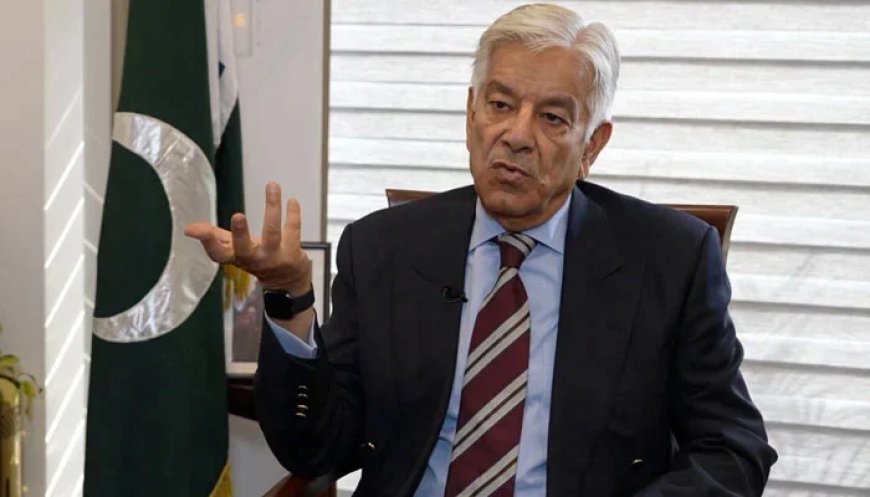Judiciary only responsible for interpretation of law, not legislation: Khawaja Asif

1. "Pakistan should review hosting Afghan refugees after attack on its consulate in Germany," says defence minister
The Supreme Court's decision to declare the Pakistan Tehreek-e-Insaf (PTI) eligible for reserved seats for women and minorities has stirred considerable debate and criticism, particularly from Defence Minister Khawaja Asif. Asif contends that the judiciary's role is to interpret the law rather than legislate, asserting that court decisions should remain apolitical and adhere strictly to the Constitution and legal frameworks.
The ruling, which overturned the Peshawar High Court's judgement and nullified the Election Commission of Pakistan’s (ECP) order, was seen as a significant legal victory for PTI. However, Asif argues that such decisions, especially those perceived as politically charged, could lead to a constitutional crisis. He emphasizes the need for the judiciary to restore its image by avoiding political remarks in their verdicts and maintaining consistency in their decisions.
Furthermore, Asif's comments extended to a broader critique of the judiciary, suggesting that its inconsistent decisions are widely discussed and could impact the country's stability. He also called for the imposition of contempt of court under Article 209 for what he deems as incorrect verdicts.
In a separate matter, Asif condemned the attack on the Pakistani consulate in Frankfurt by Afghan nationals, criticizing the perceived ingratitude of Afghan refugees in Pakistan. He highlighted Pakistan's long-standing support for Afghan nationals, questioning the continuation of this support following such incidents.
















































